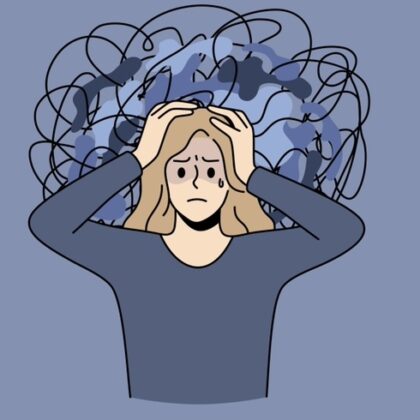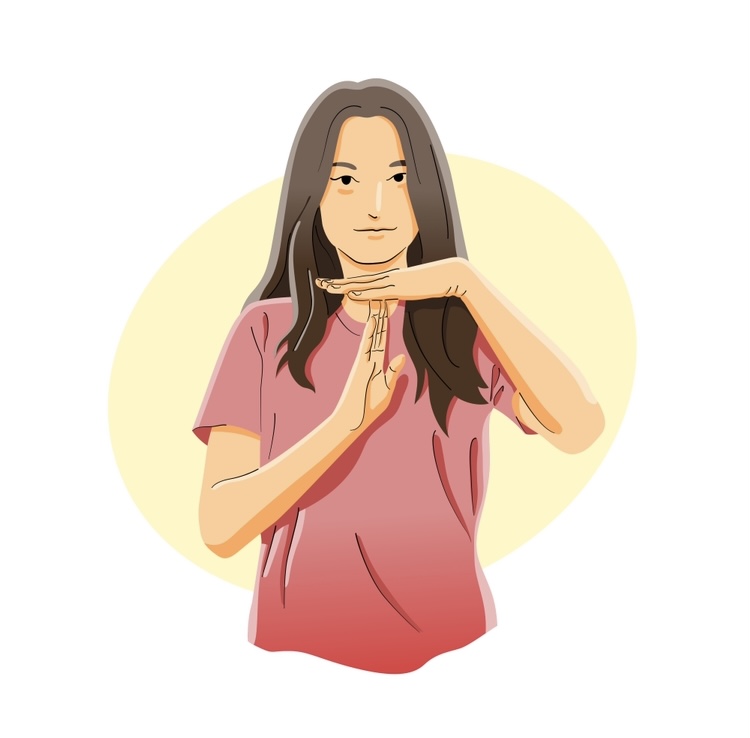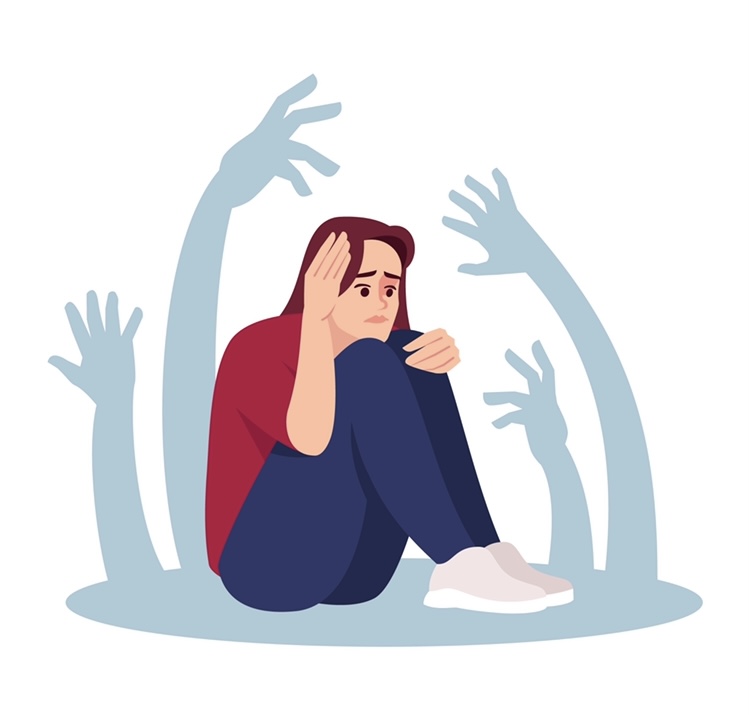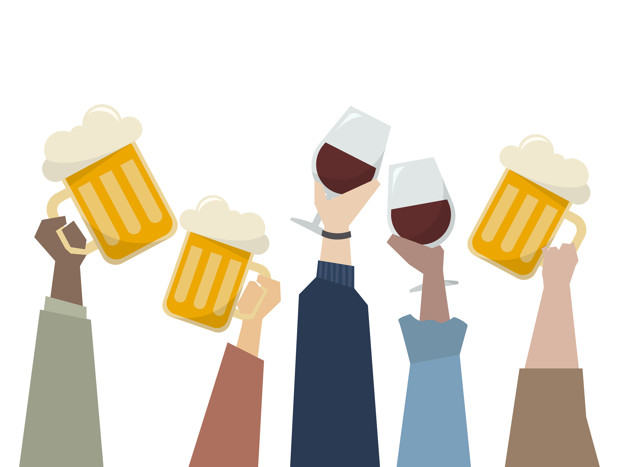Coping Strategies

The following may help you when you’re feeling anxious or stressed…

-
Take time out for yourself. Try practicing yoga, listen to your favourite music, meditate or learn some relaxation techniques. Removing yourself from the problem helps to clear your head.
-
Ensure you have a well-balanced diet. Try not to skip meals if possible and have a few keep healthy energy-boosting snacks on hand.
-
Try to keep your alcohol and caffeine intake low as this aggravates anxiety and also triggers panic attacks.
-
Sleep is essential as when stressed your body needs additional sleep and rest.
-
Exercise as much as you can as this releases chemicals into the body that helps you to feel good.
-
Do deep breathing exercises. Take deep breaths in, hold for a few seconds and exhale slowly. Repeat this 10 times.
-
Try your best. Do not try and aim for perfection, as this isn’t possible, just be proud of yourself for what you do achieve.
-
Accept that you can’t control everything, try & put your stress in perspective & think it really as bad as you think?
-
Laughter is the best medicine, watch your favourite comedy.
-
Try & maintain a positive attitude and make an effort to replace negative thoughts with positive ones.
-
Think about what triggers your anxiety, try writing a journal when you’re feeling stressed or anxious and look for a pattern.
-
Talking helps, talk to your friends and family when you’re feeling overwhelmed and let them know how they can help you. Talk to your doctor for professional help
Keep in touch…

Socialising can improve your mood, keep in touch with friends and family so you have someone to talk to when you feel low.
Be more active…

Take up exercise, there is evidence that exercise can help lift your mood. If you are starting out then start gently by walking for 20 minutes every day.
Face your fears…

When people feel low or anxious, they sometimes avoid interaction with other people. Some people can lose their confidence in going out, driving or travelling. Try to avoid the things you find difficult, if this starts to happen, facing up to these situations will help them become easier.
Avoid too much alcohol…

Alcohol, for some people, can be a problem. Drinking more than usual is a way of coping with or hiding emotions. However, alcohol isn’t the answer to solving your problems and also makes you feel more depressed.
Try to eat a healthy diet…

A lot of people don’t feel like eating when they’re depressed and are at risk of becoming underweight. However others find comfort in food and can put on weight.
Medication can also affect your appetite. See your Doctor if you are concerned about your weight and how the antidepressants are affecting your appetite.
Have a routine…

